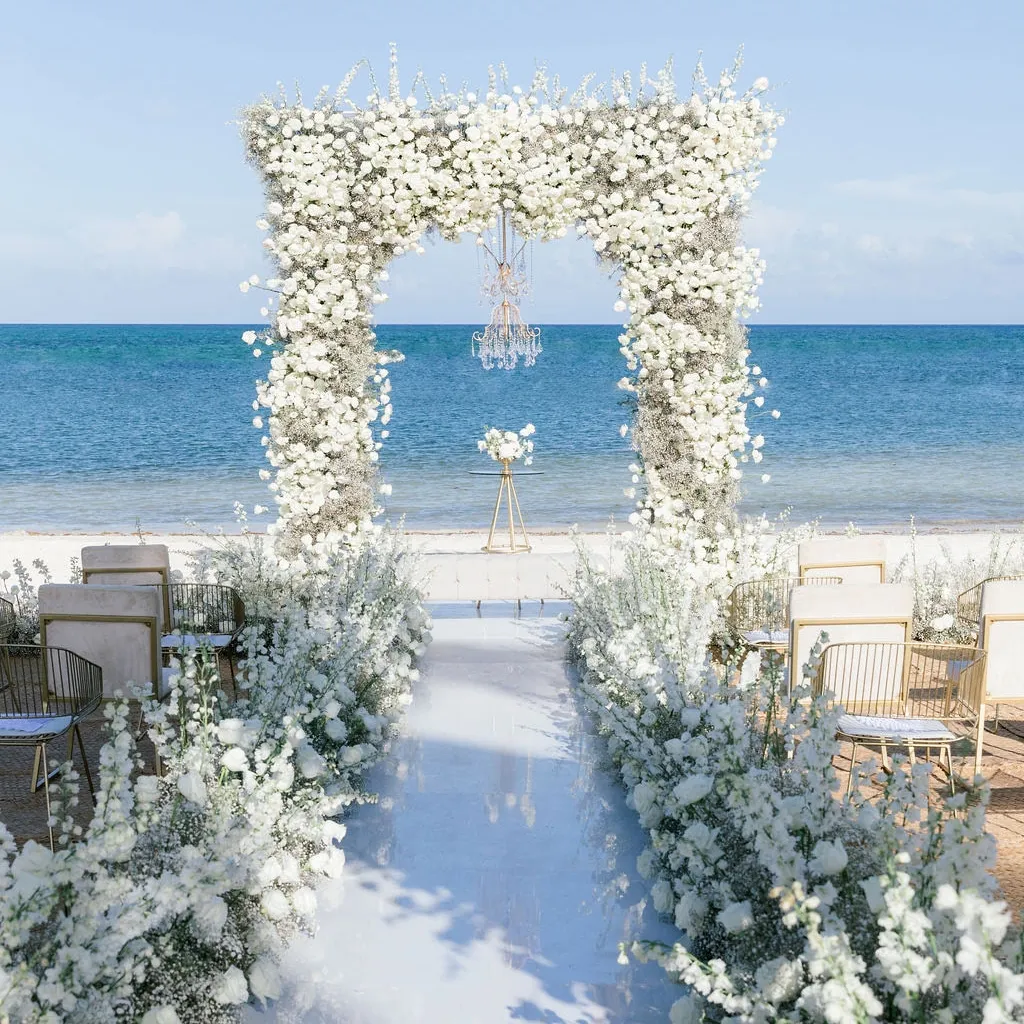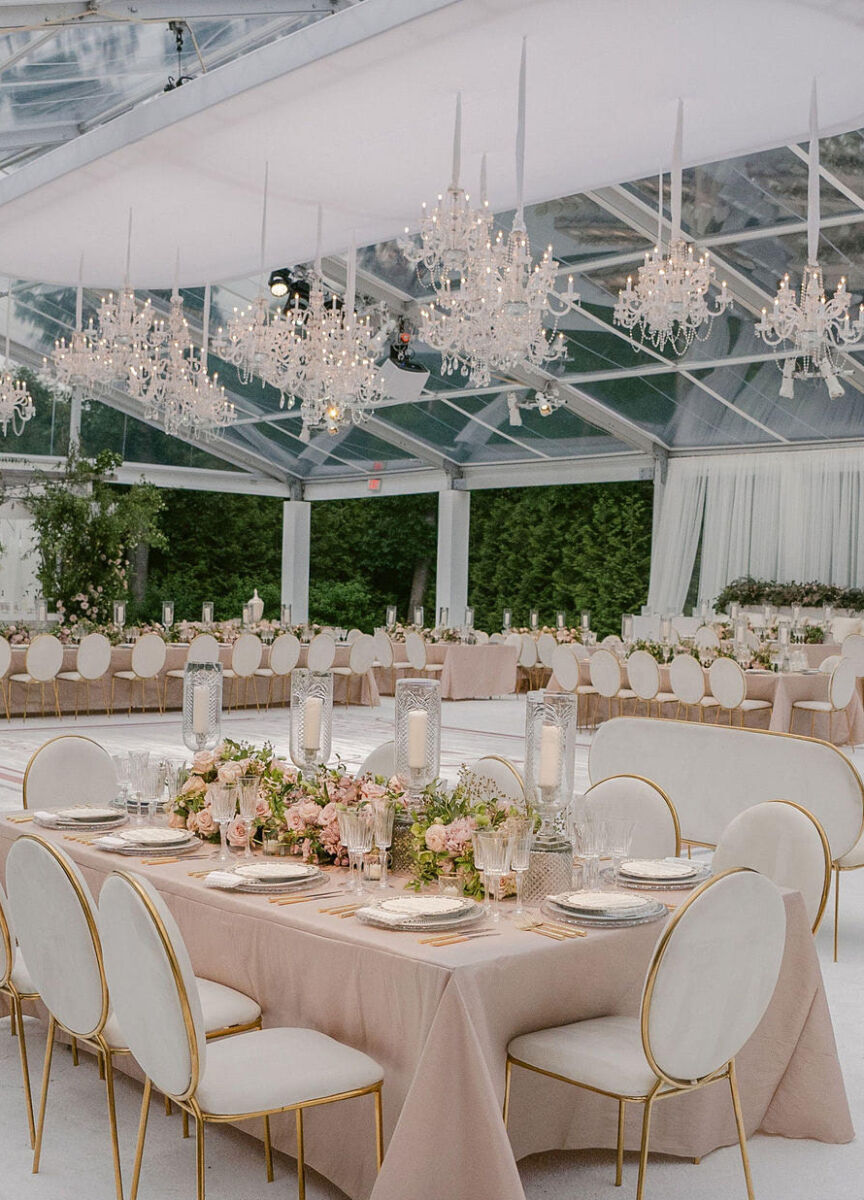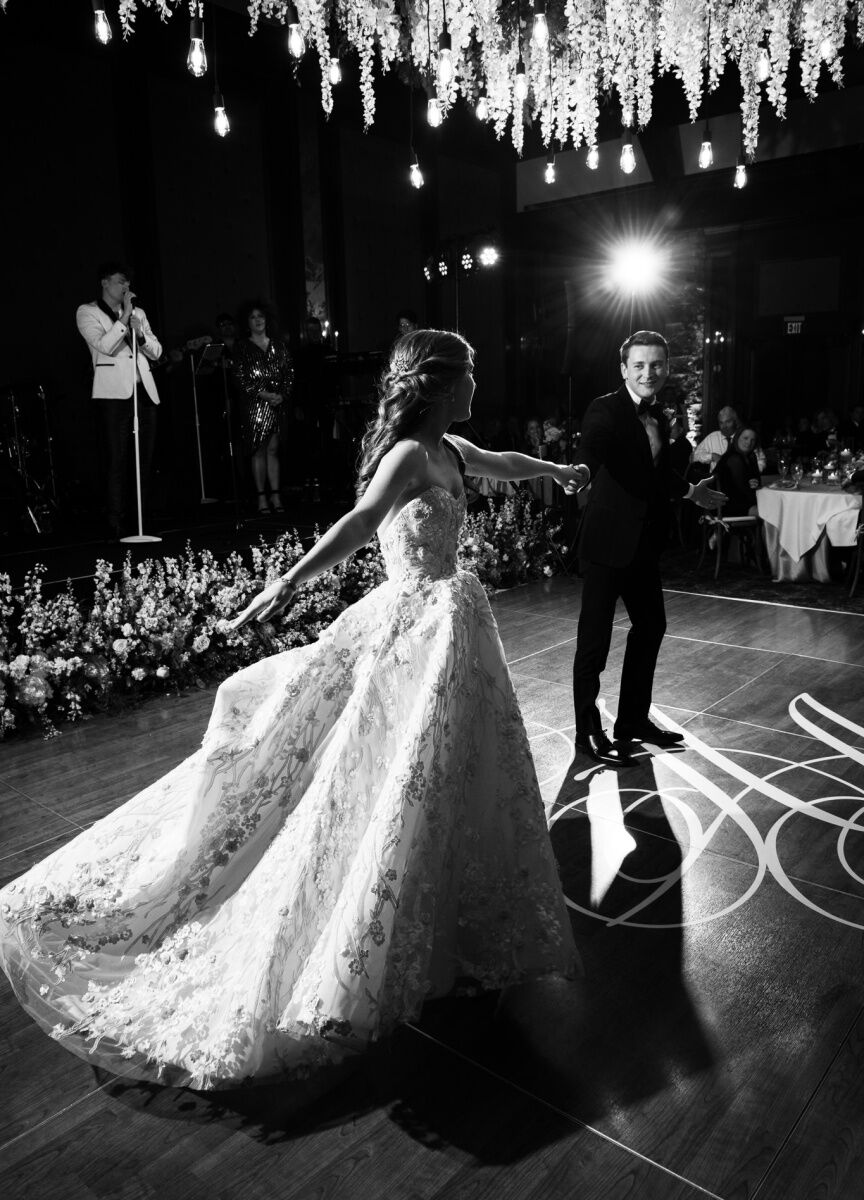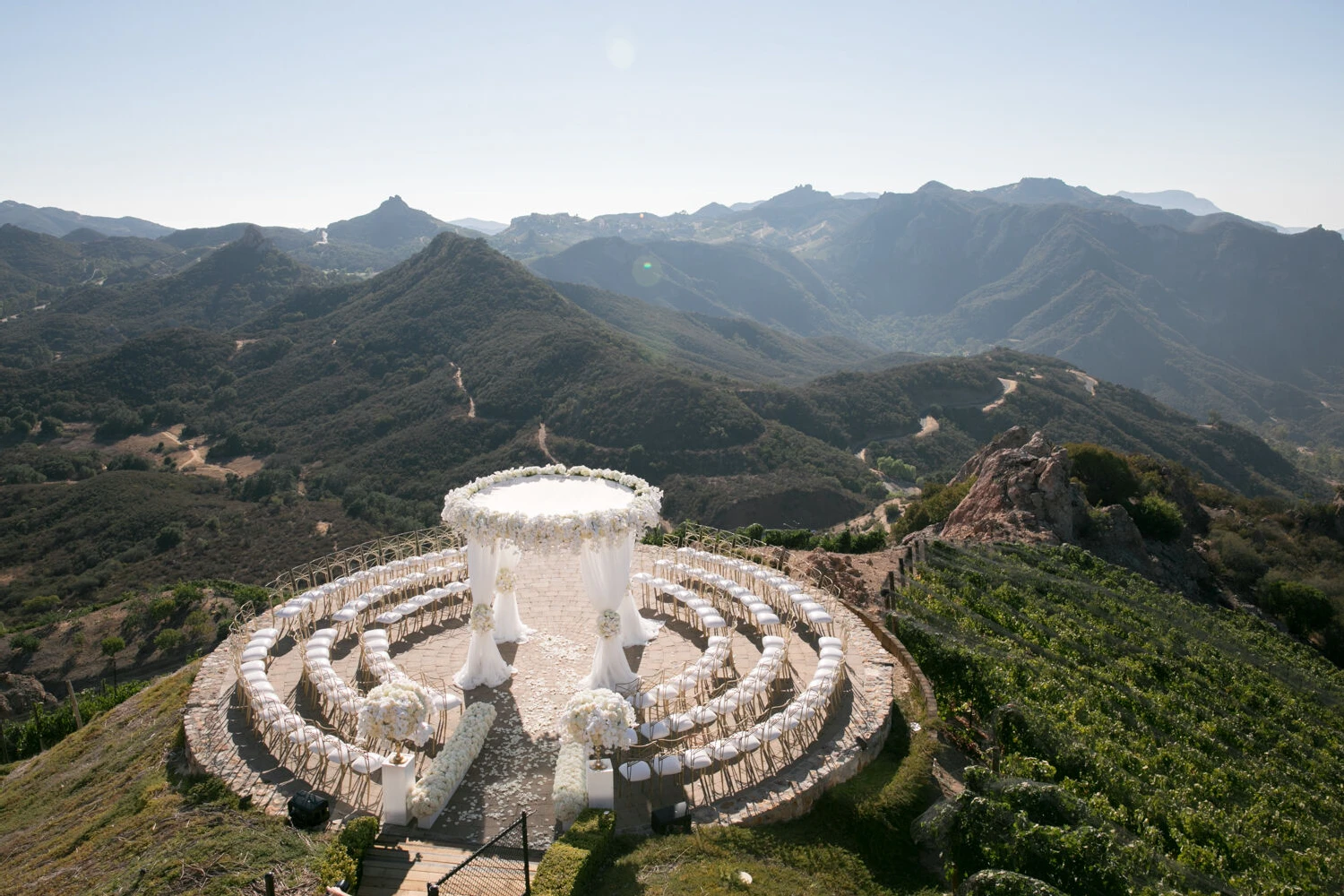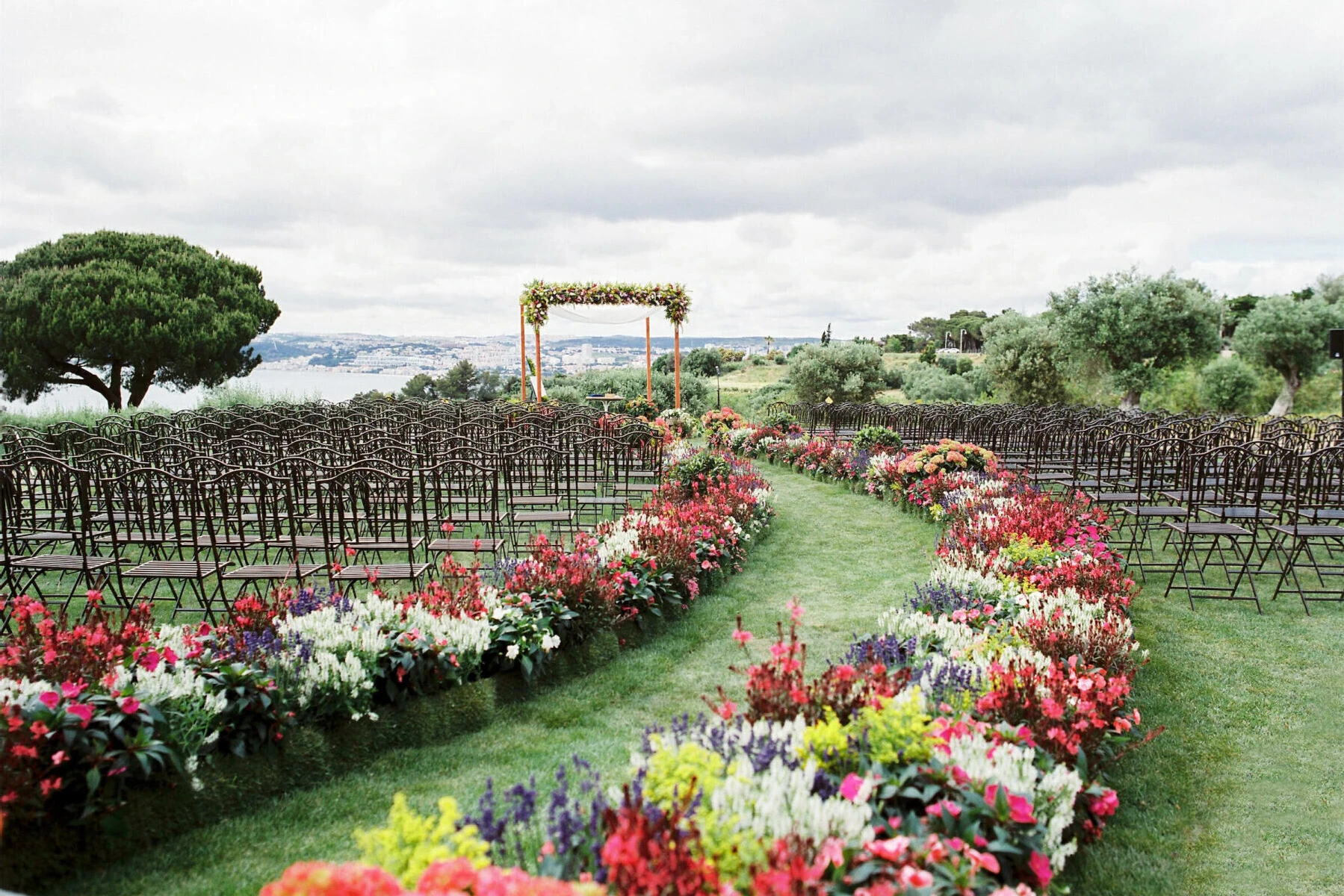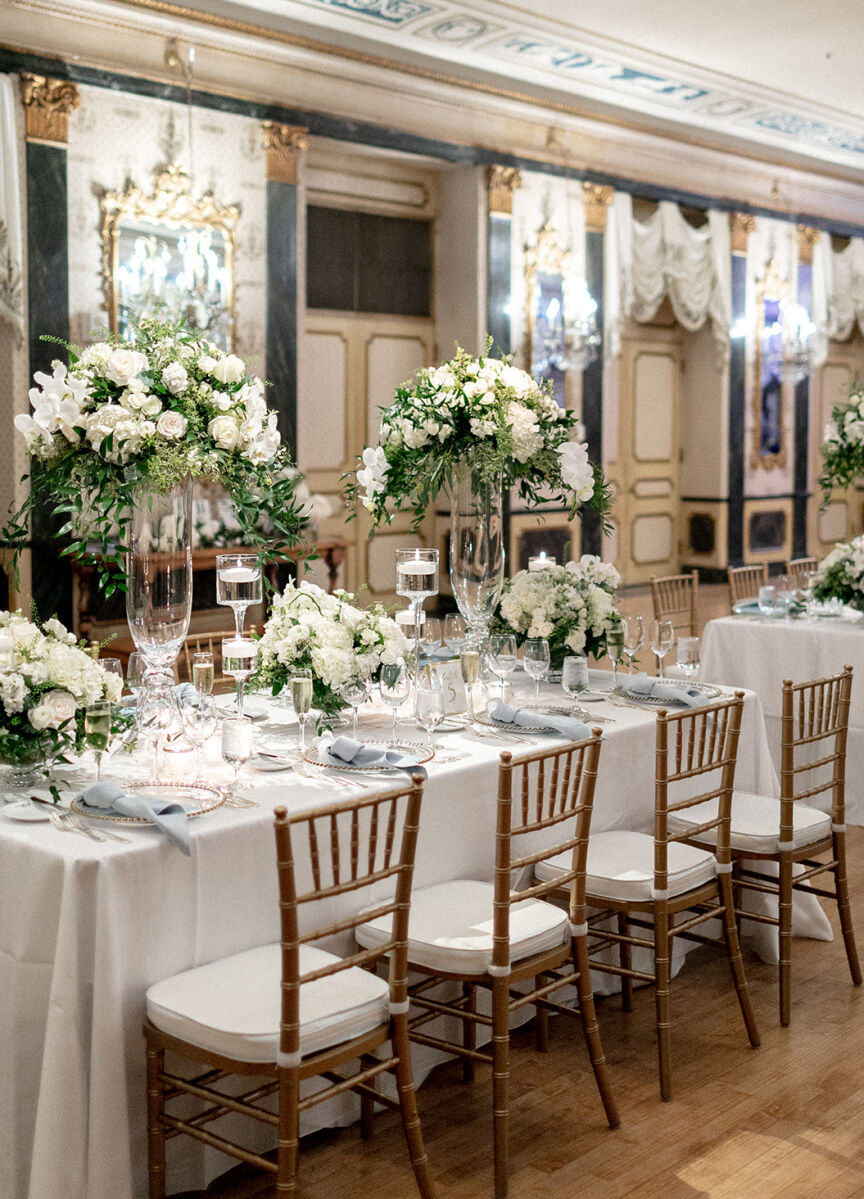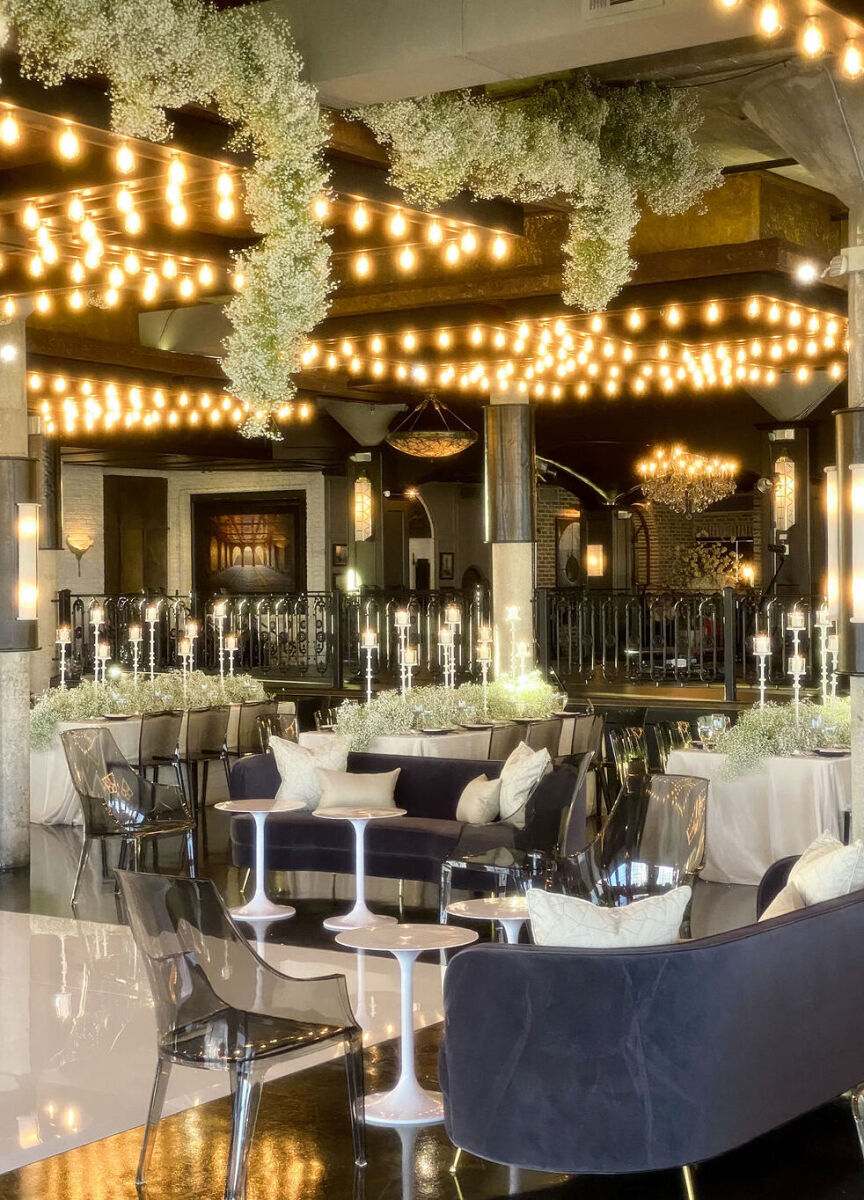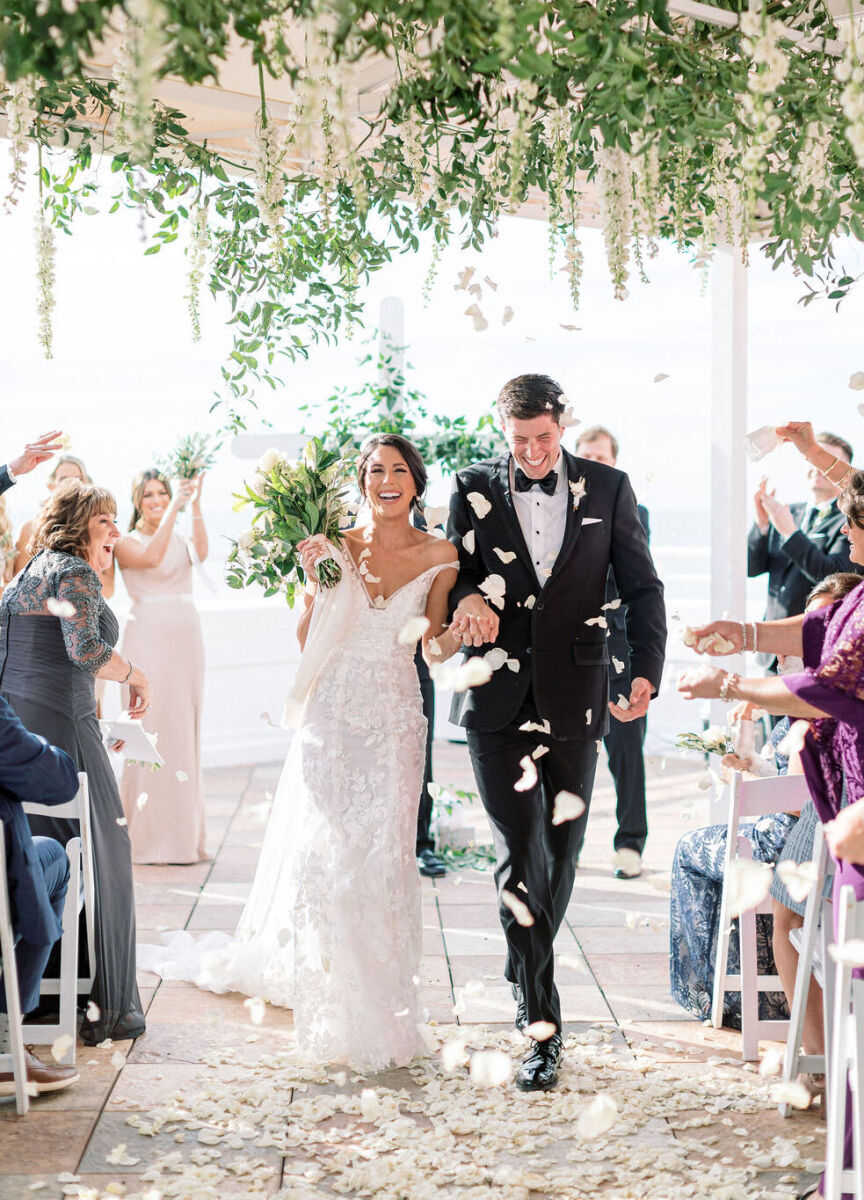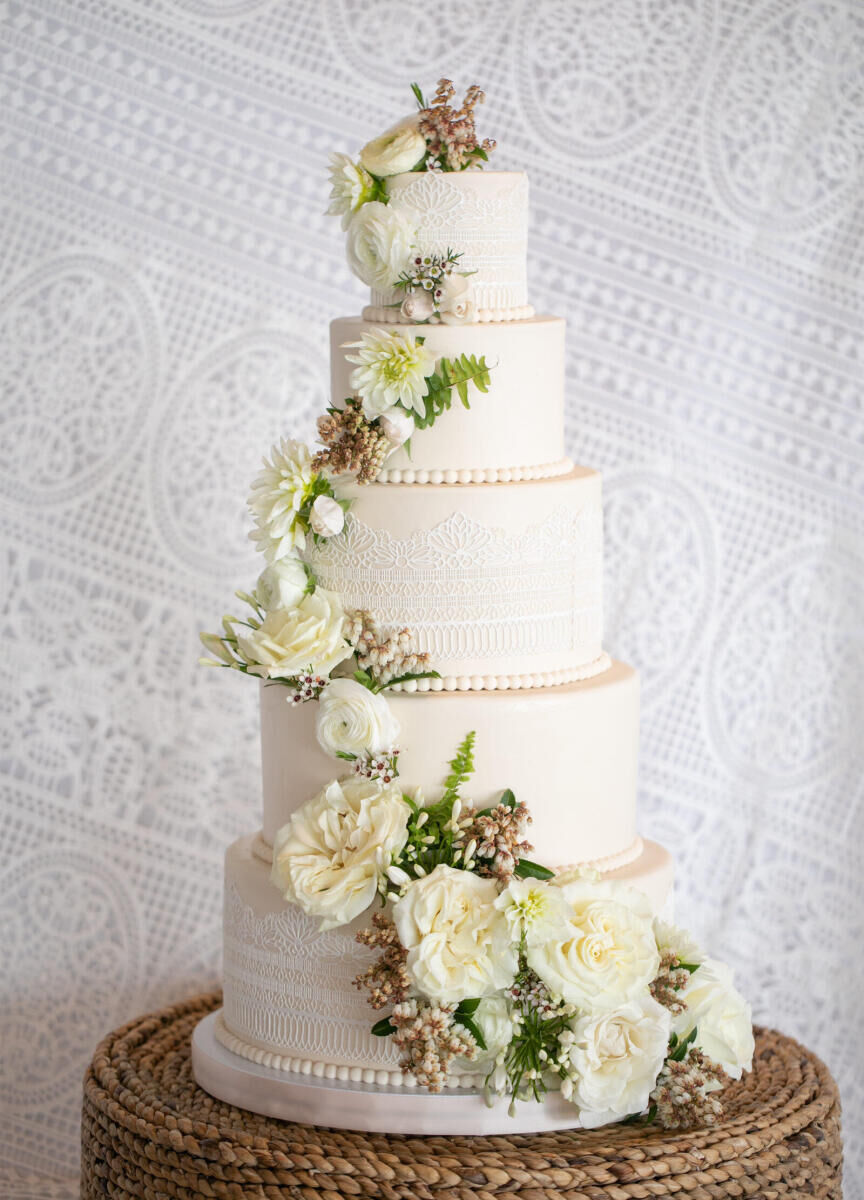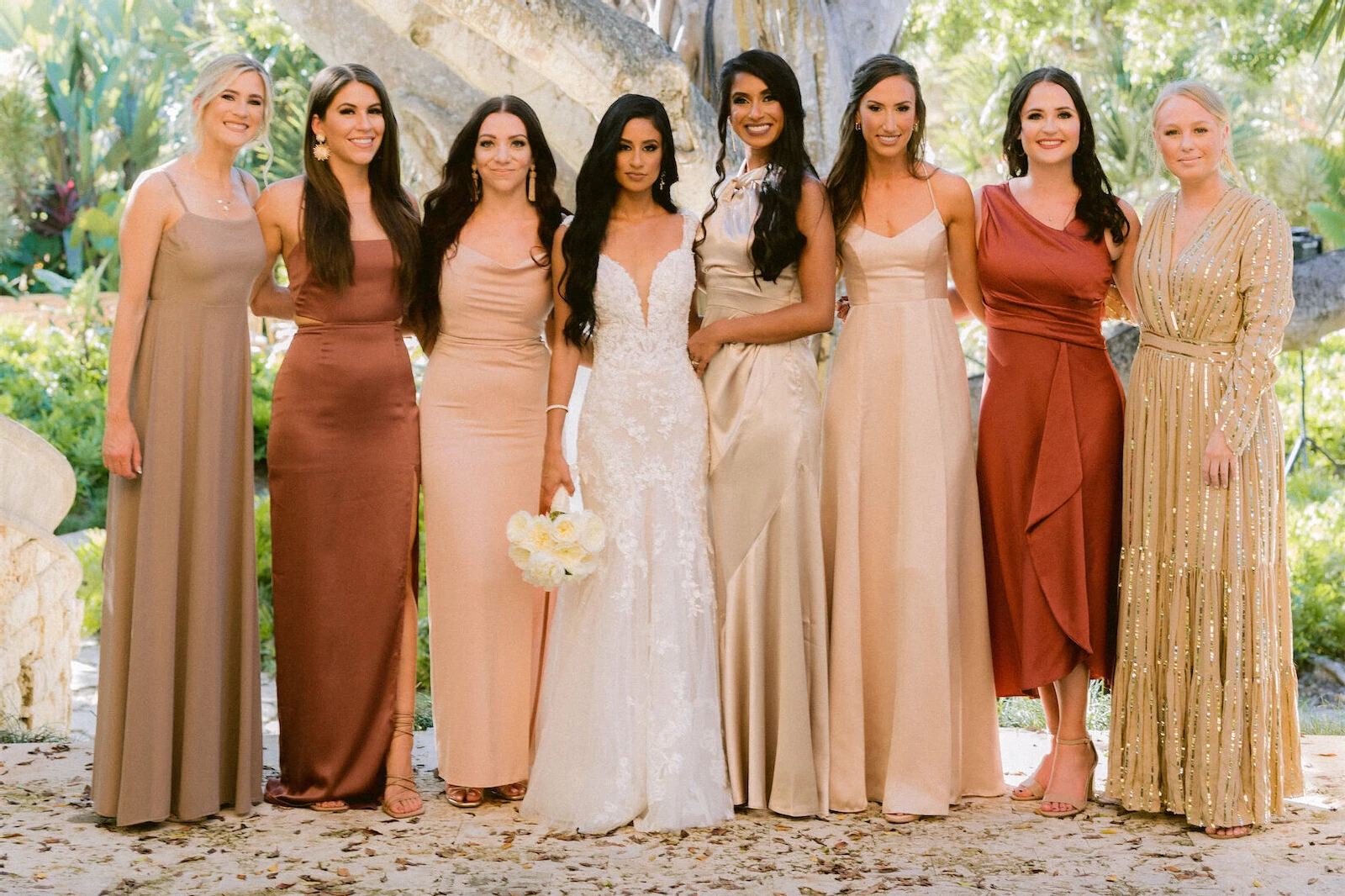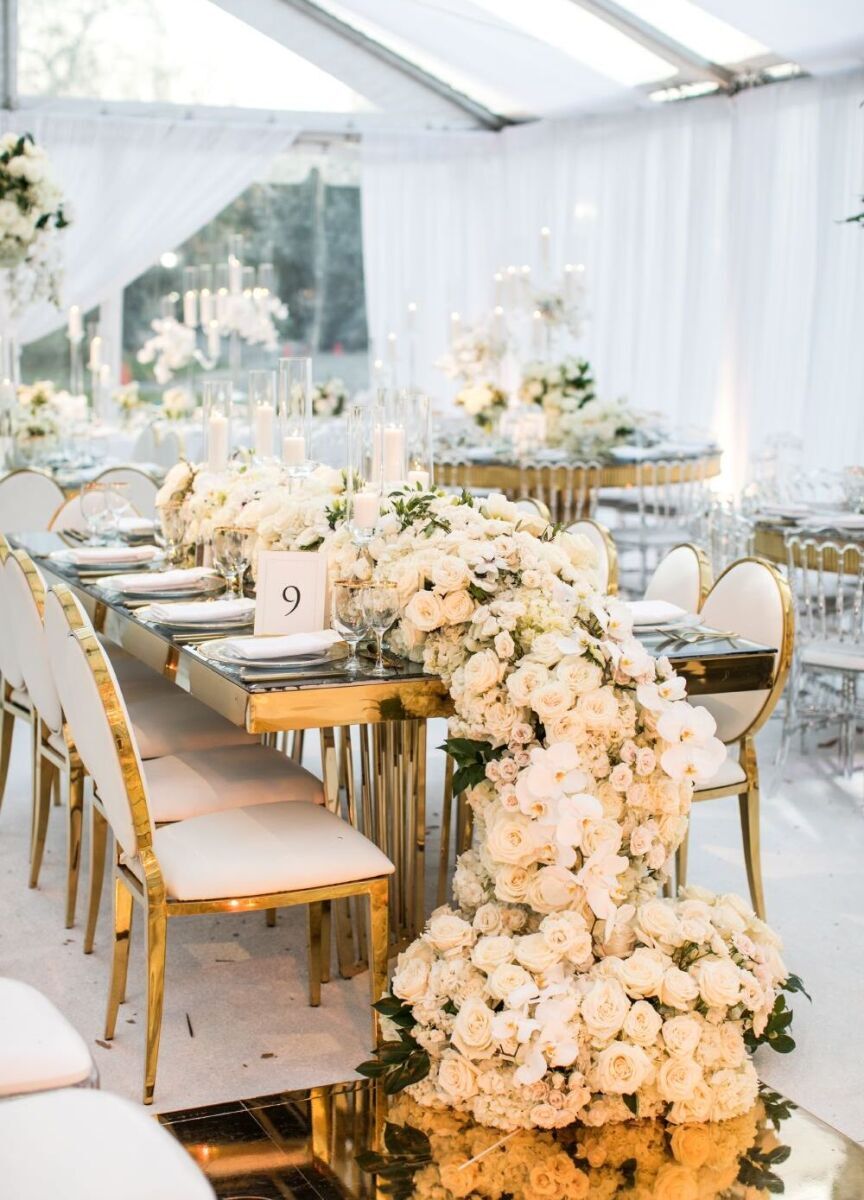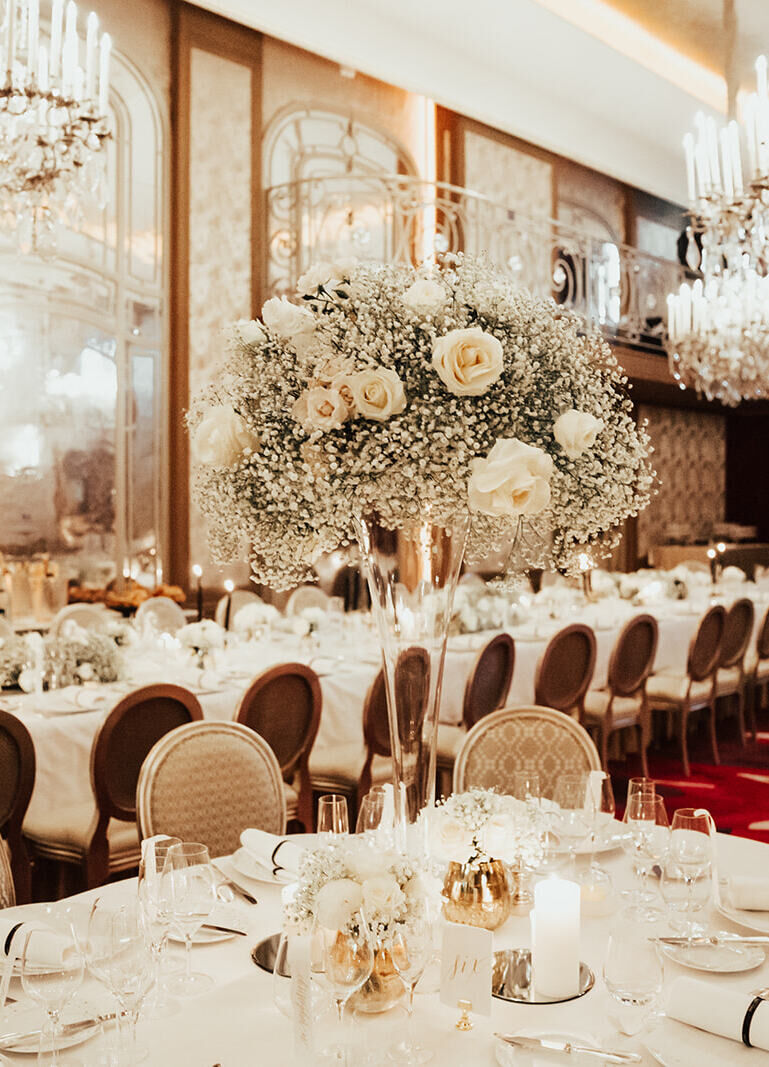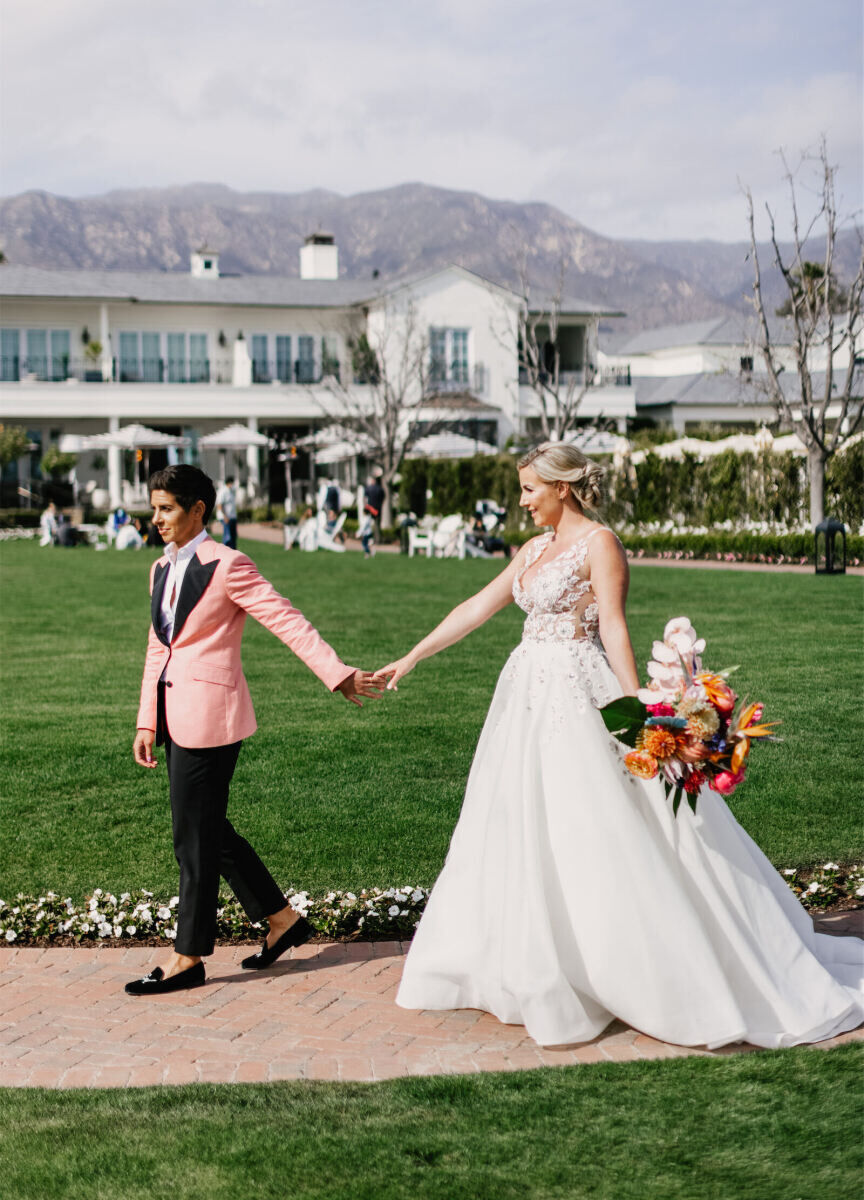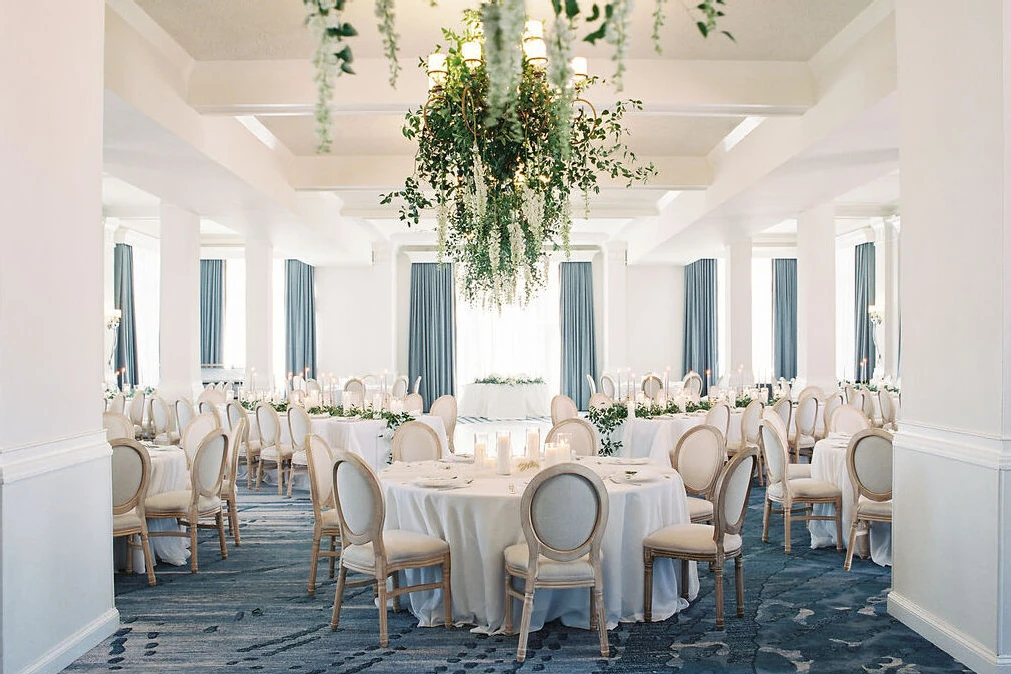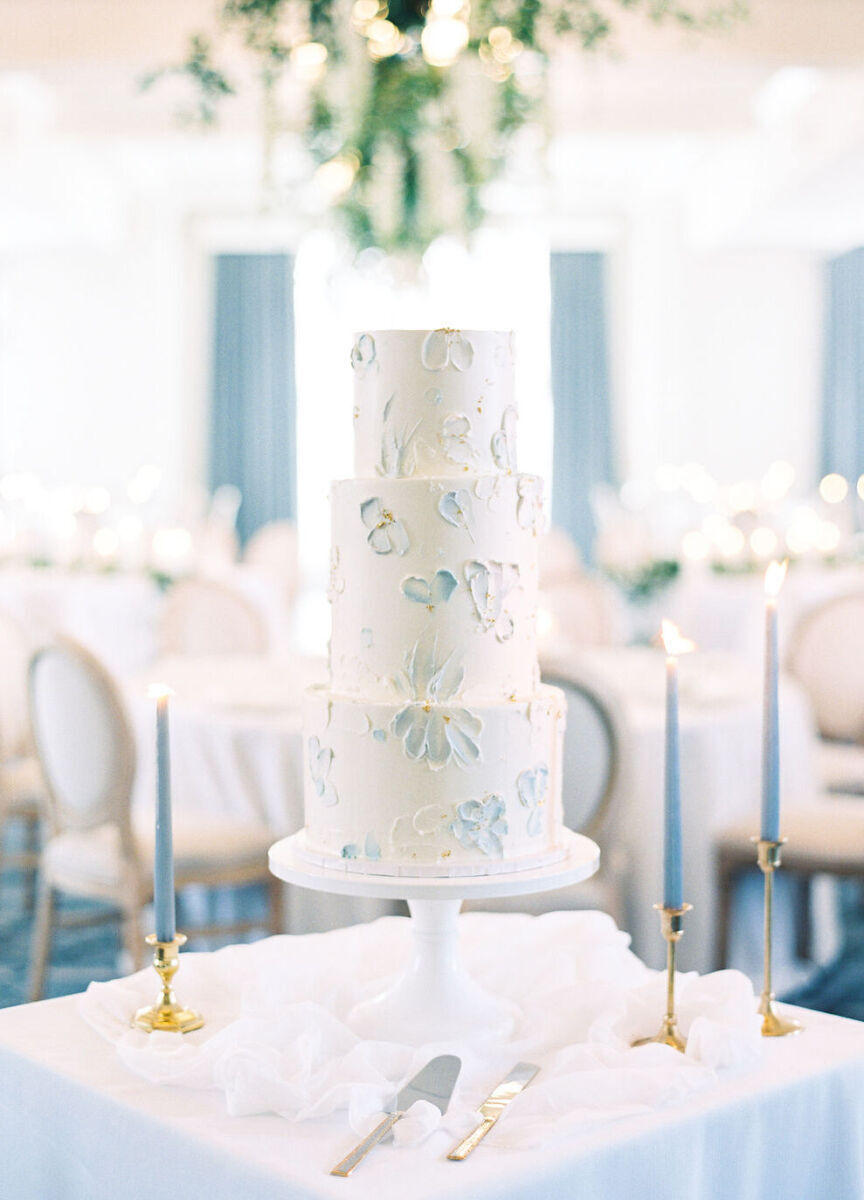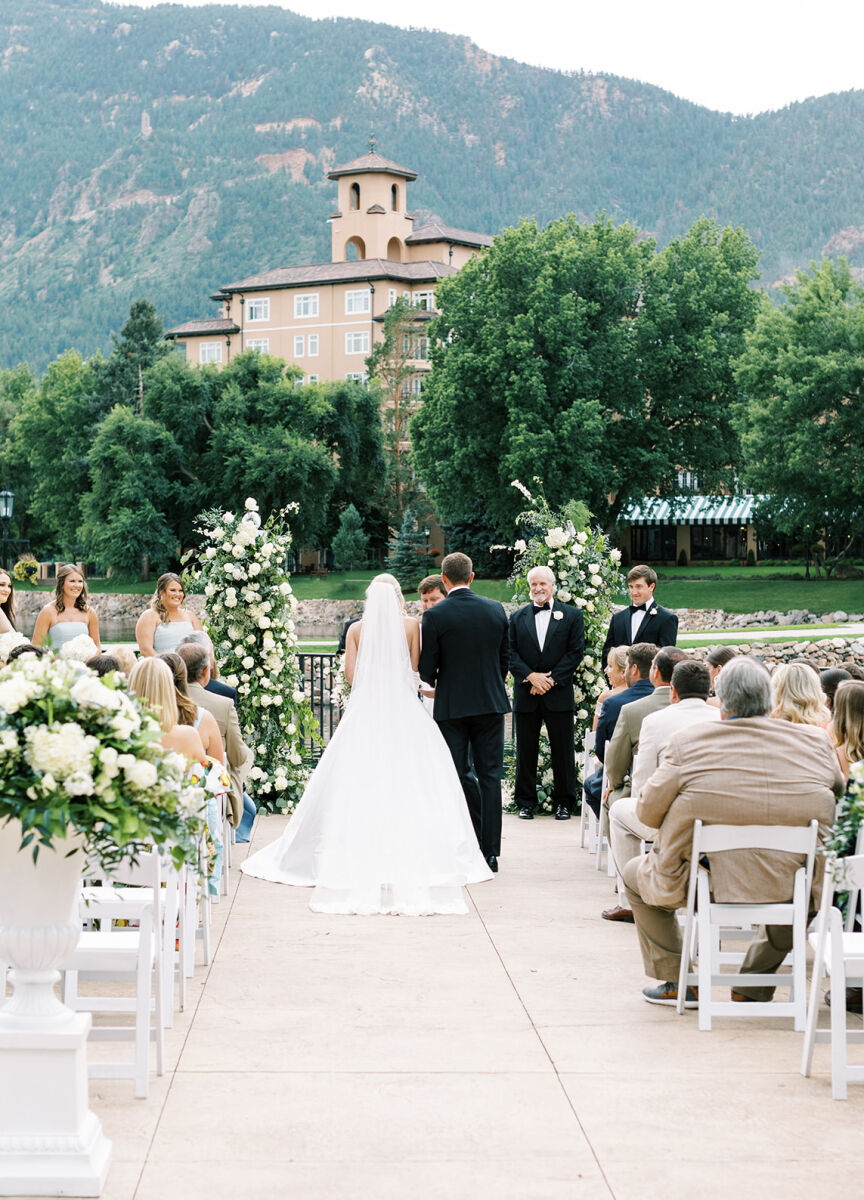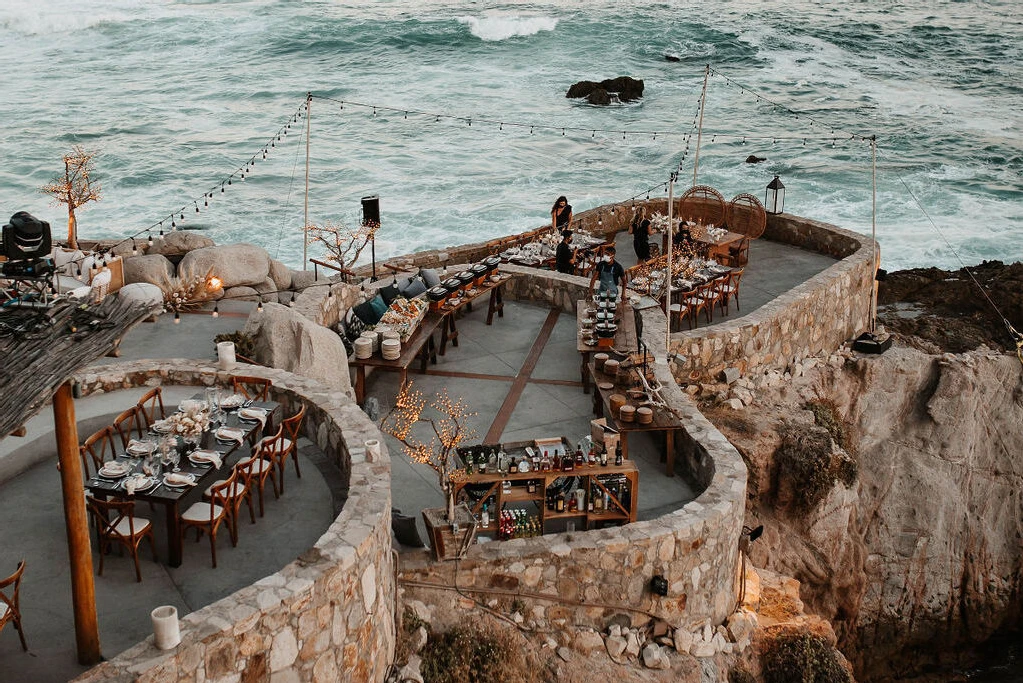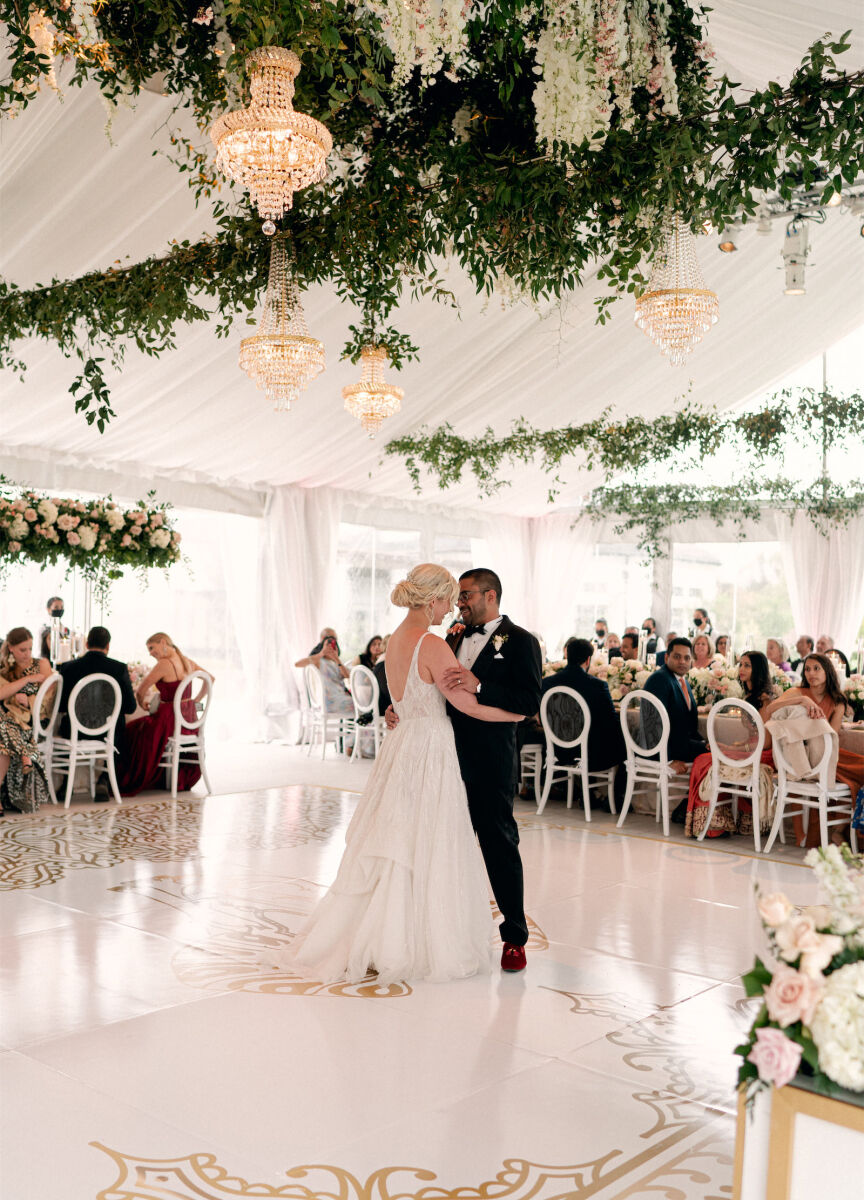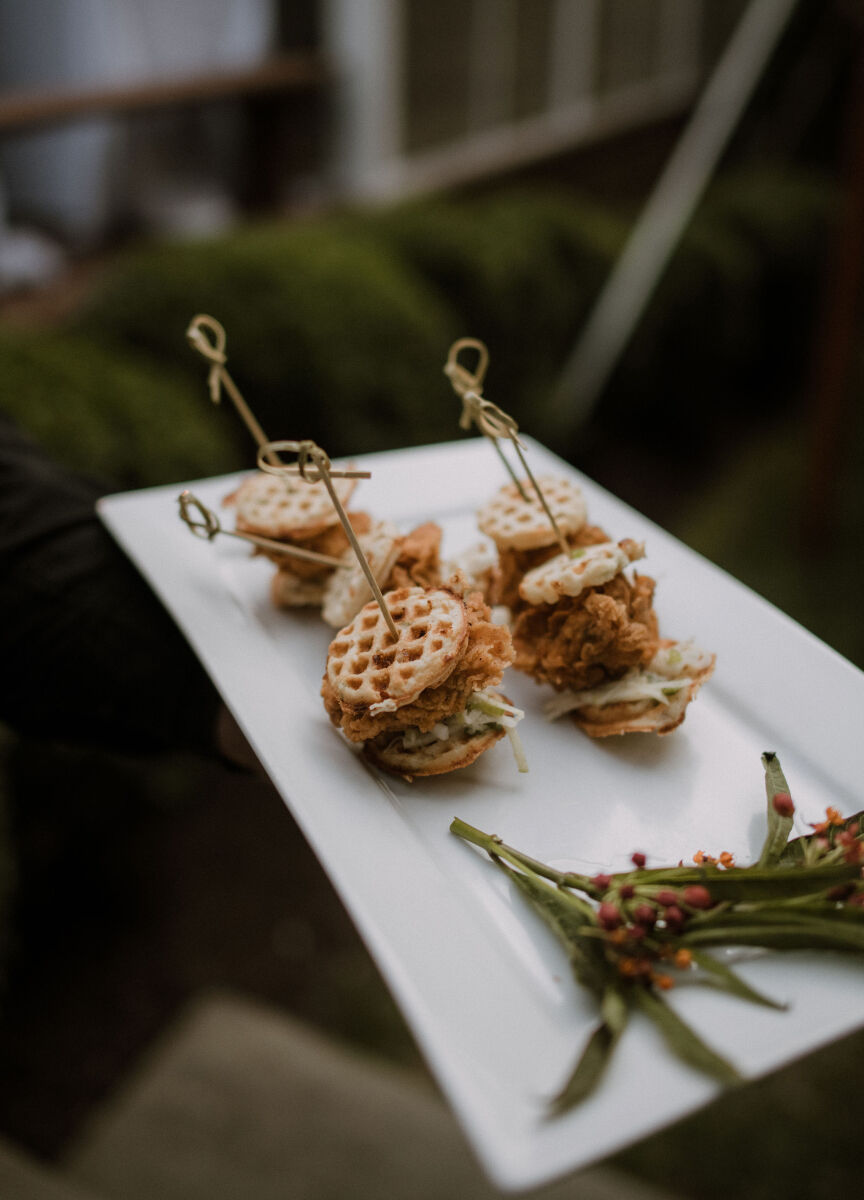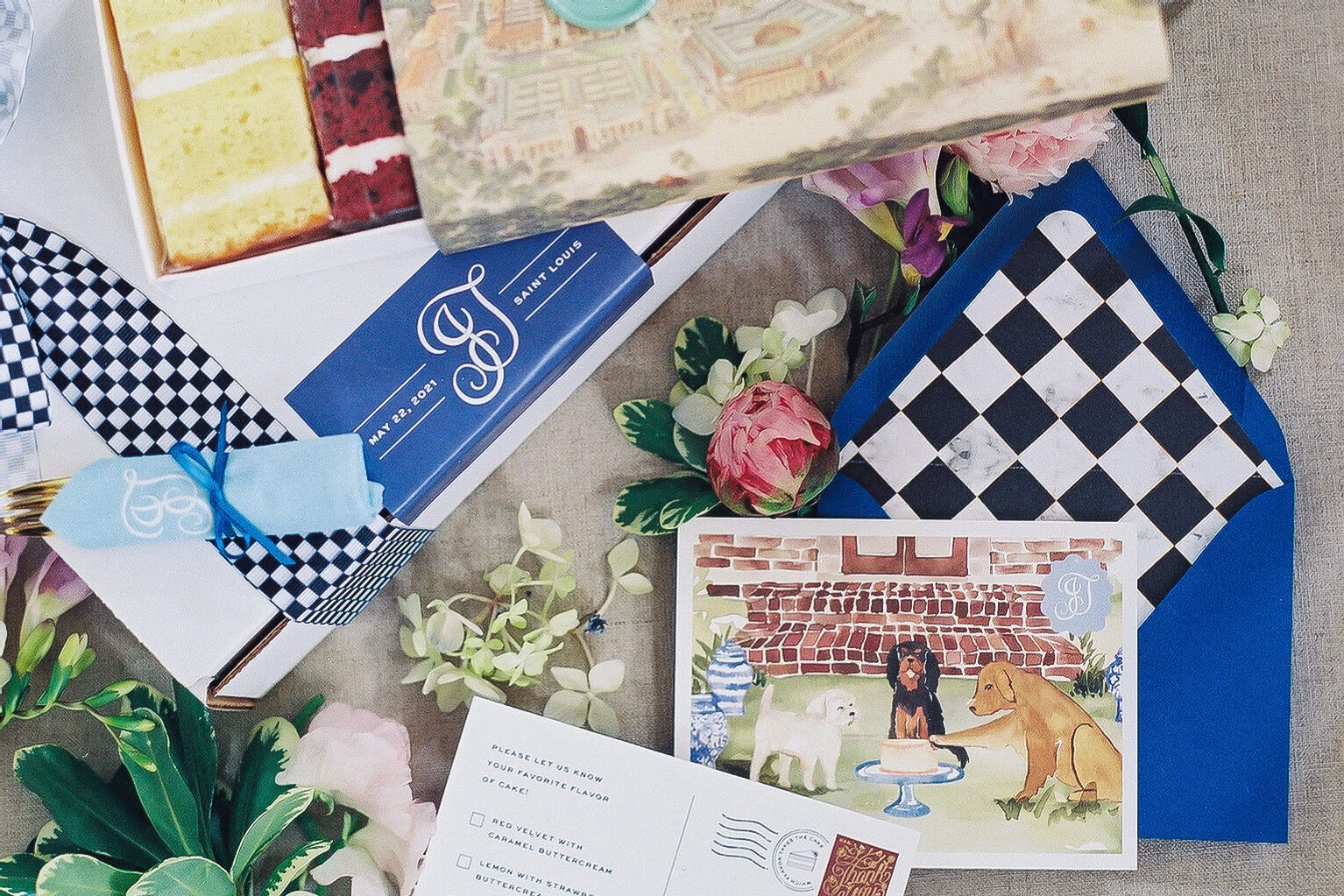2. What affects the average wedding cost?
In order to get an idea of where on the average wedding cost spectrum you will end up falling, it’s helpful to understand the various elements that influence wedding costs—many of which you have control over. So just because you live in the most expensive city in America (which would be New York City), that doesn’t mean your wedding has to be an “ultra luxury” $500,000+ wedding. These are the key factors that will make a considerable difference in the cost of your wedding:
Wedding Location:
As we’ve discussed, where you get married geographically makes a huge difference on the average wedding cost, and what your wedding costs will be. If you live in an area with a higher cost of living, expect to pay more for your big day. Plus, if venue options are sparse in your area, and you need to bring in things like tent and furniture rentals or even a photographer, that will have a big impact on your total cost.
Wedding Venue:
Since you will end up allocating about 45% of your overall wedding budget to wedding venue costs, the price of the venue you choose will have an enormous impact on your total budget. And while you might assume that a luxury hotel may come with premium pricing, many offer all-inclusive wedding packages that end up saving you money (and time) in the long run. Whereas you might think an outdoor wedding in a backyard would be the most affordable option, when you factor in the cost of rain plan items like a tent, furniture rentals, heat/AC, and all the other infrastructure items you need to bring in, the wedding costs may end up being higher than if you’d chosen a venue where those items are included.
Wedding Guest Count:
The number of attendees makes a sizable impact on the average wedding cost because it affects everything from the cost of your invitations, to catering, to the number of floral centerpieces you’ll need based on the number of tables, and so much more. Of course, there’s a cost that comes with choosing to limit your guest count, as you might not be able to celebrate with all the people you love.
Wedding Season:
Based on the increase in demand for venues and vendors alike, spring and summer weddings typically cost more than winter and fall, which in many resort communities is considered the “off-season.” If you’re booking an event during the busiest time of year, be sure to reach out early—venues, planners, photographers, even bands or hair and makeup artists all book up fast during these popular months.
Time of Day:
In a similar fashion, the time of day that you choose for your wedding ceremony and reception plays a part in whether your wedding will come in above or below the average cost of a wedding in your area. Evening weddings are in higher demand than afternoon events, so the wedding cost will most likely be higher.
Wedding Style:
The average cost of wedding styles really depends on the level of formality. Formal weddings often cost more for wedding decor, catering, flowers, and even the choice of venue. By contrast, a more relaxed wedding style may come in below the average cost of a wedding (or skew the results so that they come in lower than most formal weddings). Understanding how style and formality are a factor can help you and your partner make decisions that will keep the cost of your wedding within your budget.
Wedding Vendor Choice:
Just like with any other service or product, there are options that are best-in-class, and therefore more costly, and there are those that are satisfactory, and more affordable. Your selection of vendors is the same, and what standard you choose will significantly impact your wedding costs. If you choose all top-tier professionals who charge premium rates, your total will surely come in above the average wedding cost. This is one of the reasons we like focusing on the percent you spend on each vendor category, so that you can divvy up your wedding budget according to your capabilities.
Wedding Packages vs. Individual Vendors:
In some cases, wedding packages can be much more affordable for you and your partner than researching and hiring individual vendors for every aspect of your wedding. However, you might have to forgo some personalization (and the quality may be out of your control, or more of an unknown).
Looking at online wedding cost estimators and mapping out your wedding budget is a great first step. Since venues are often one of the earliest decisions, looking at how your top contenders compare to the average cost of wedding venues will help you start to understand how your area compares to the national average. This can help you to answer the question, "What is the average cost of a wedding in my area?" and to come up with a wedding budget checklist that is both realistic and works for you.
